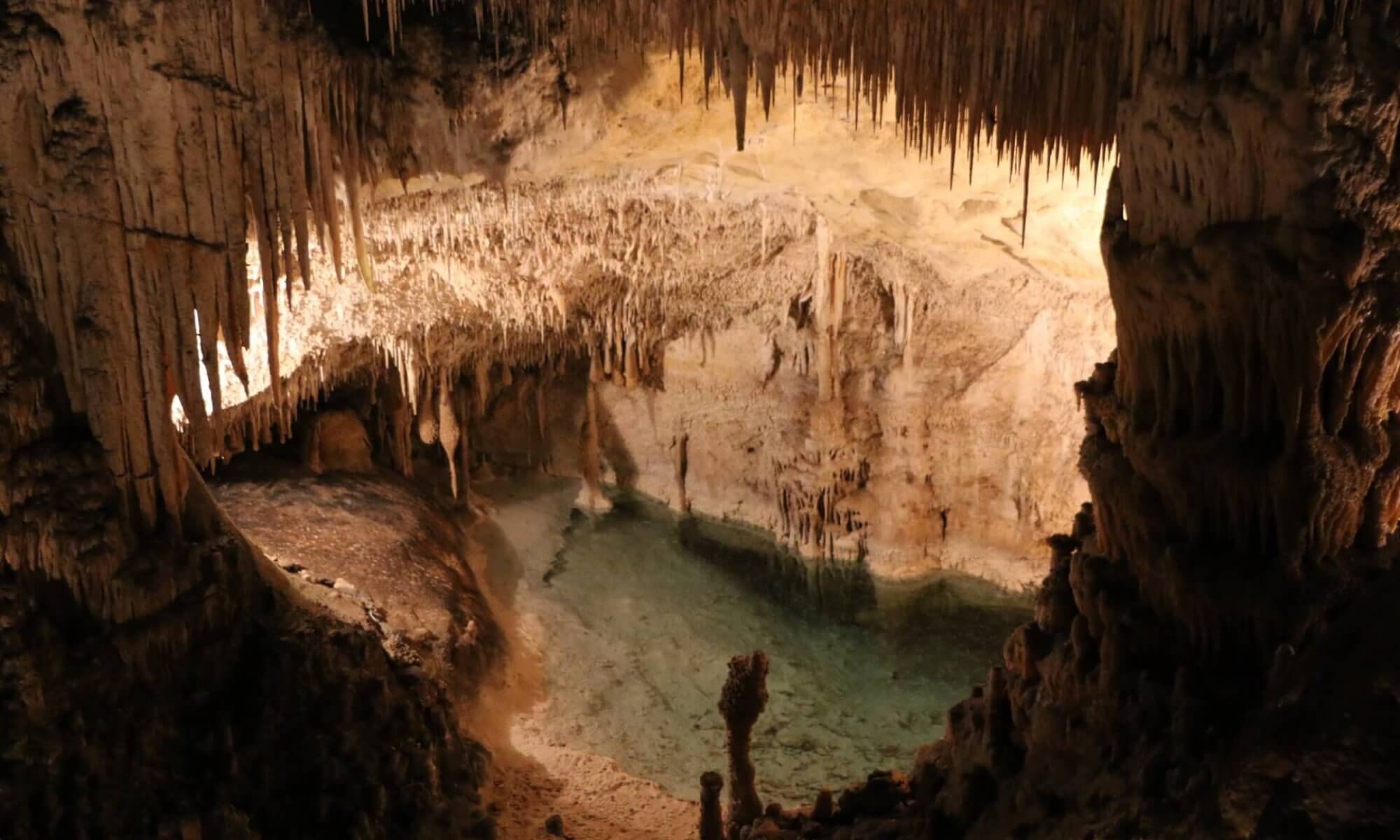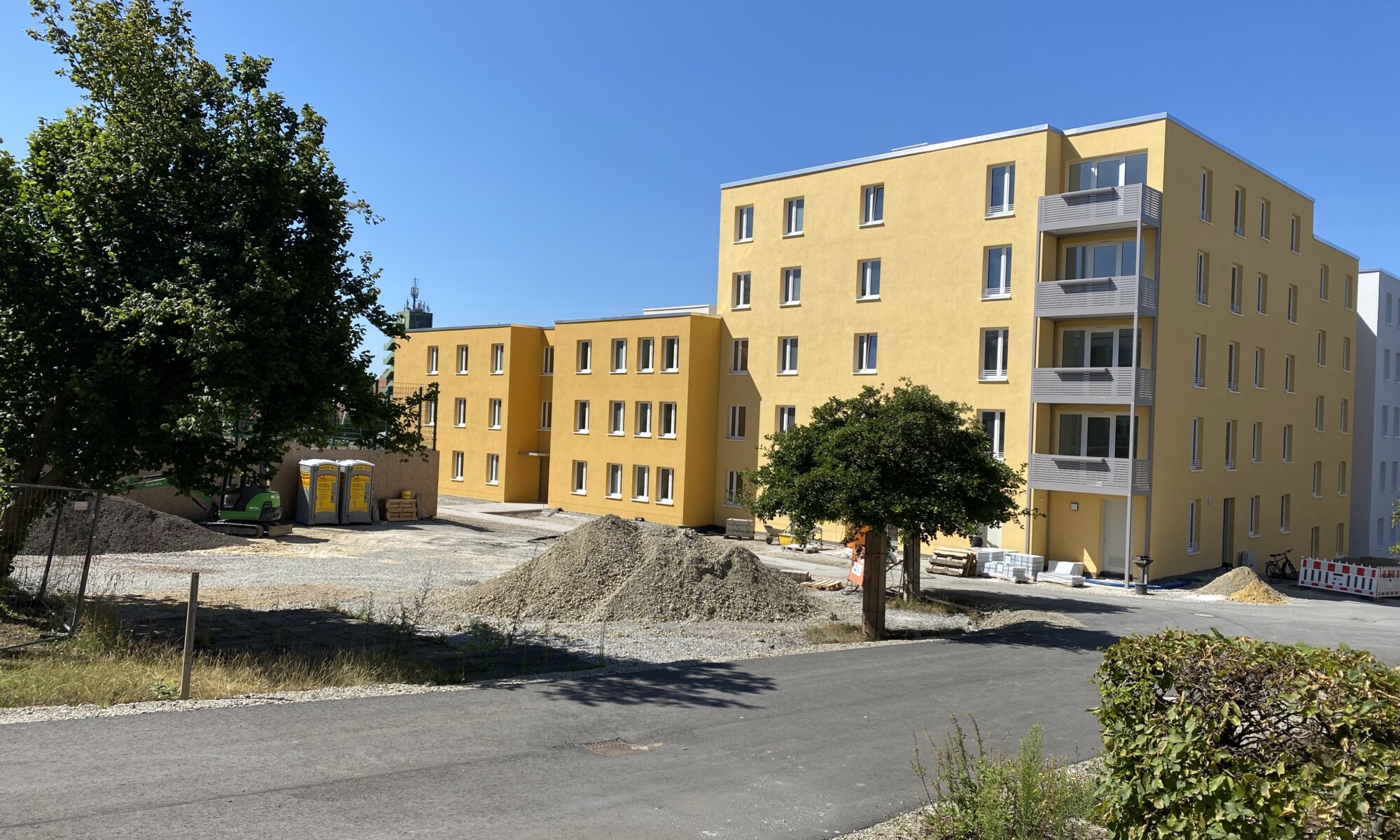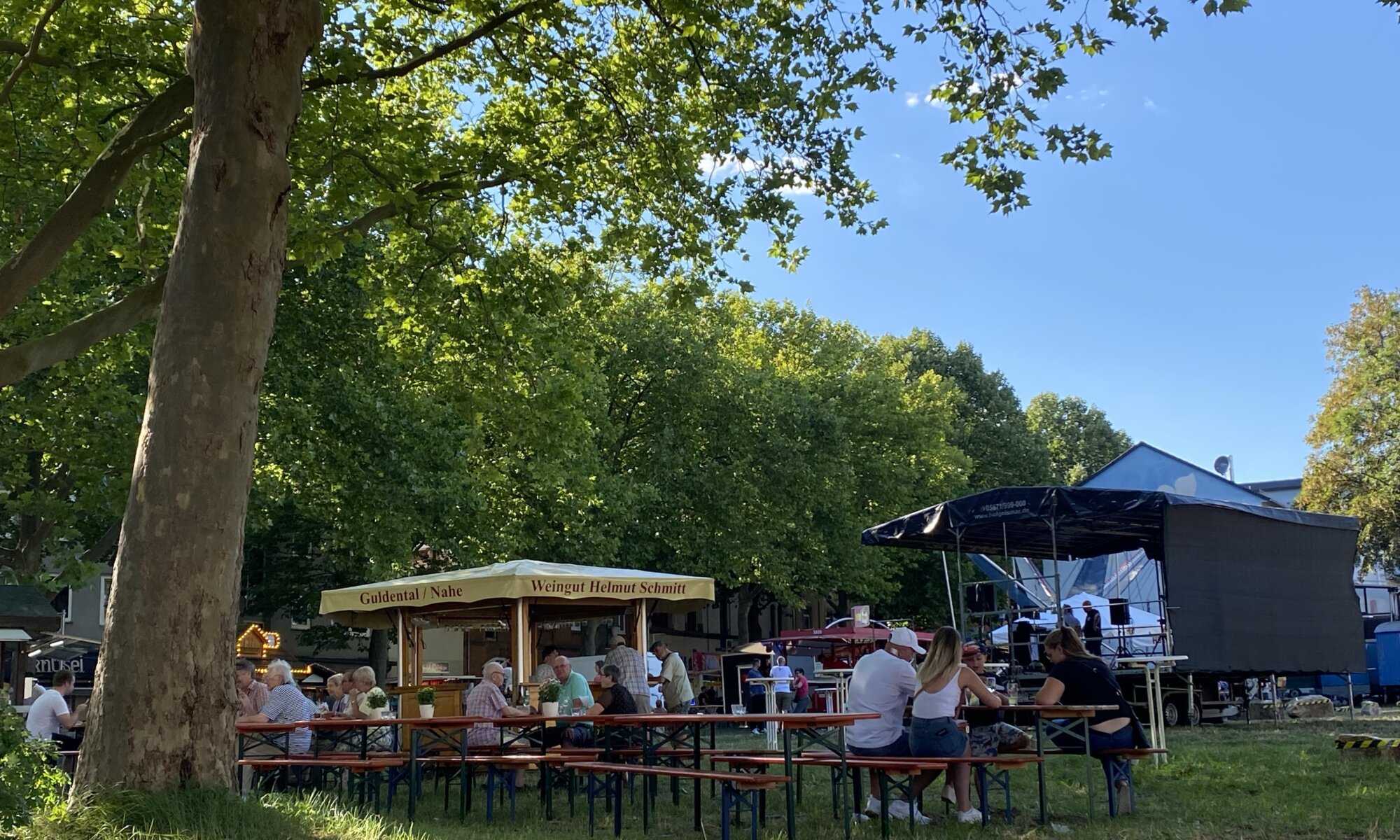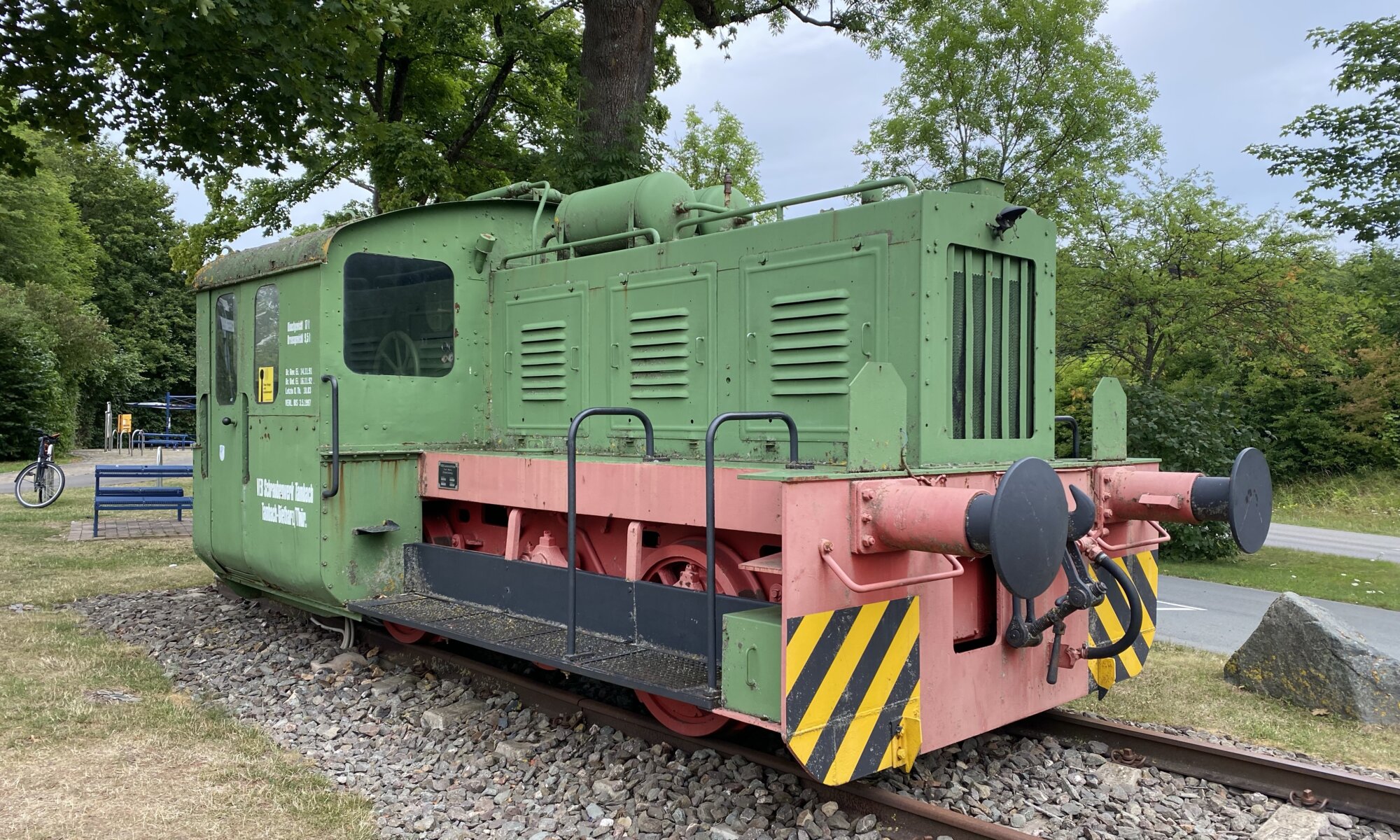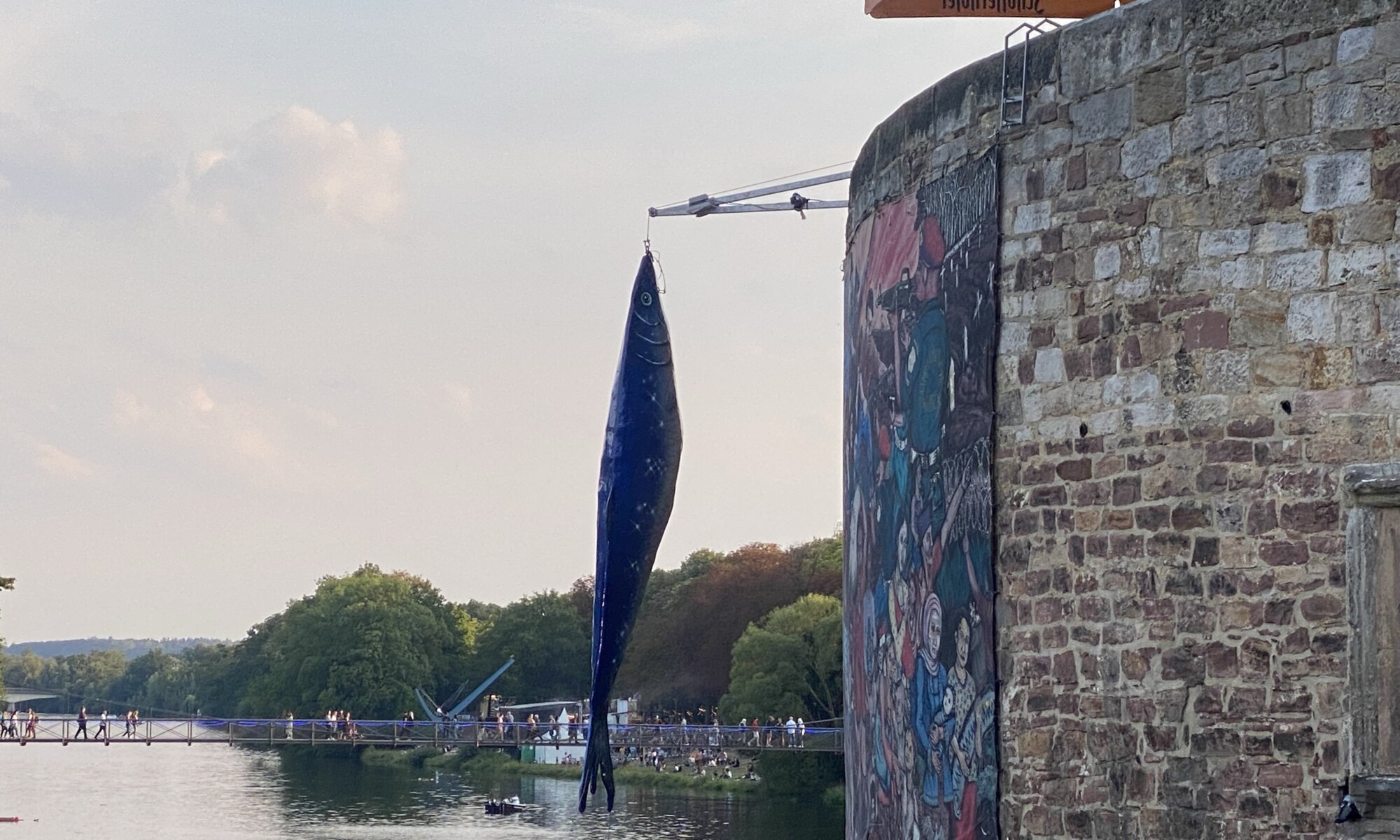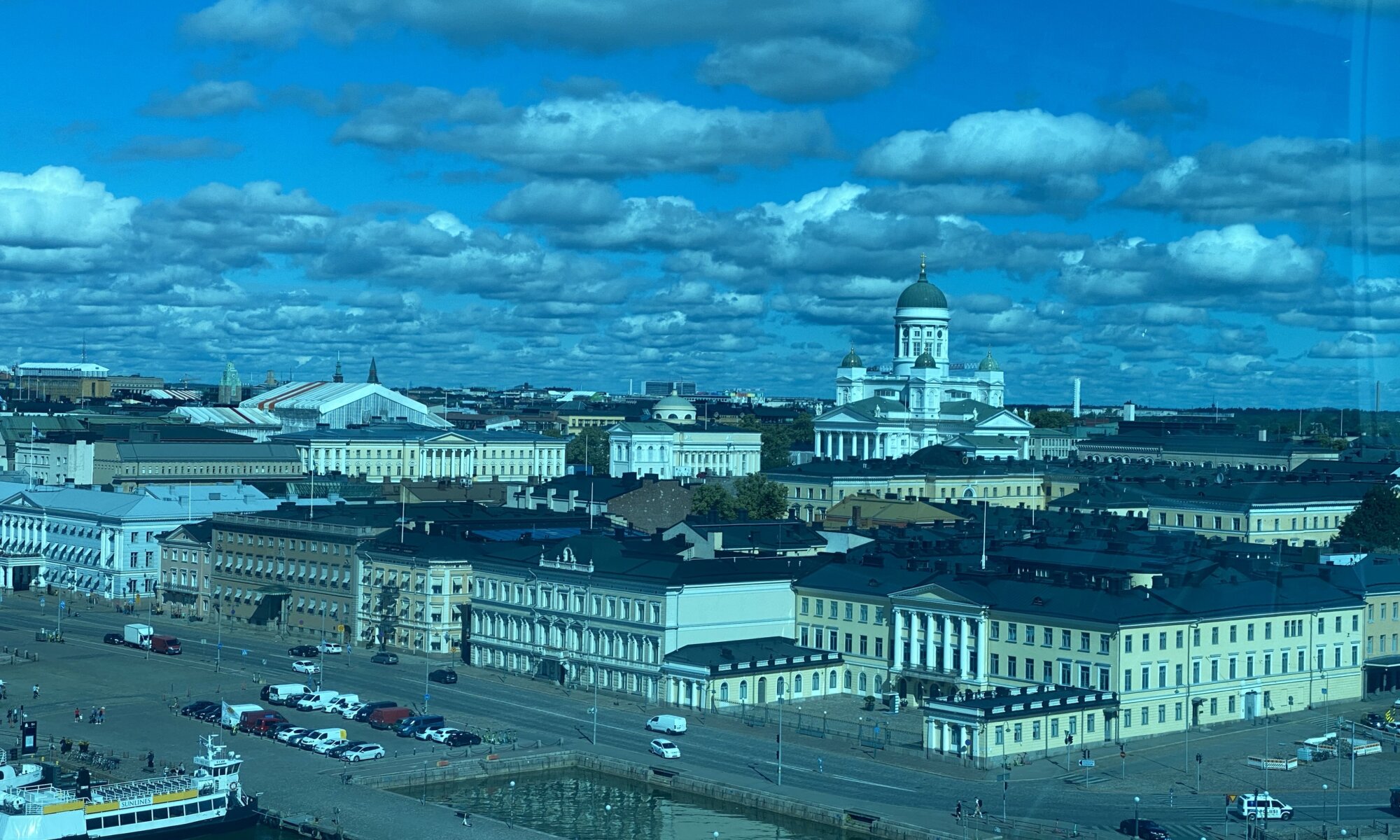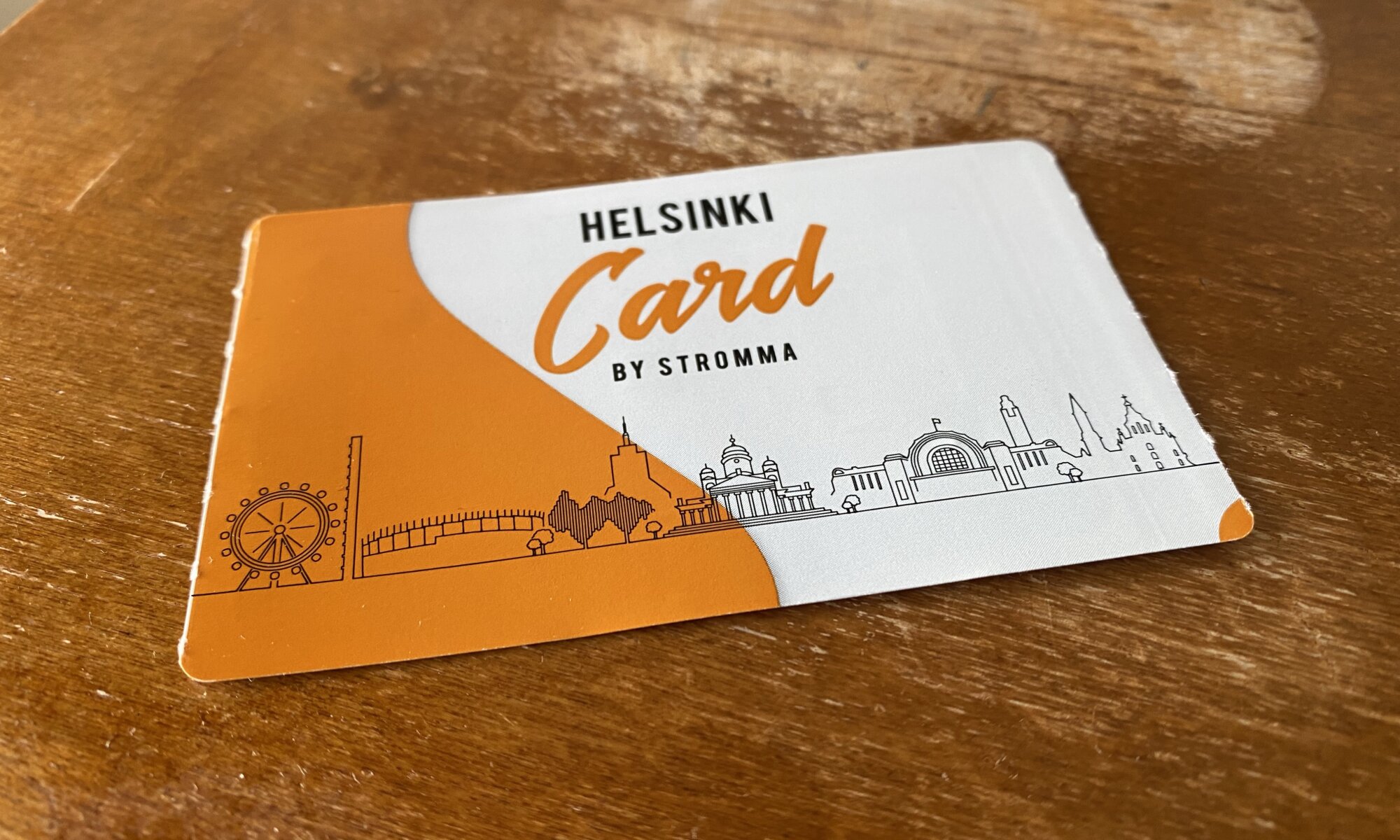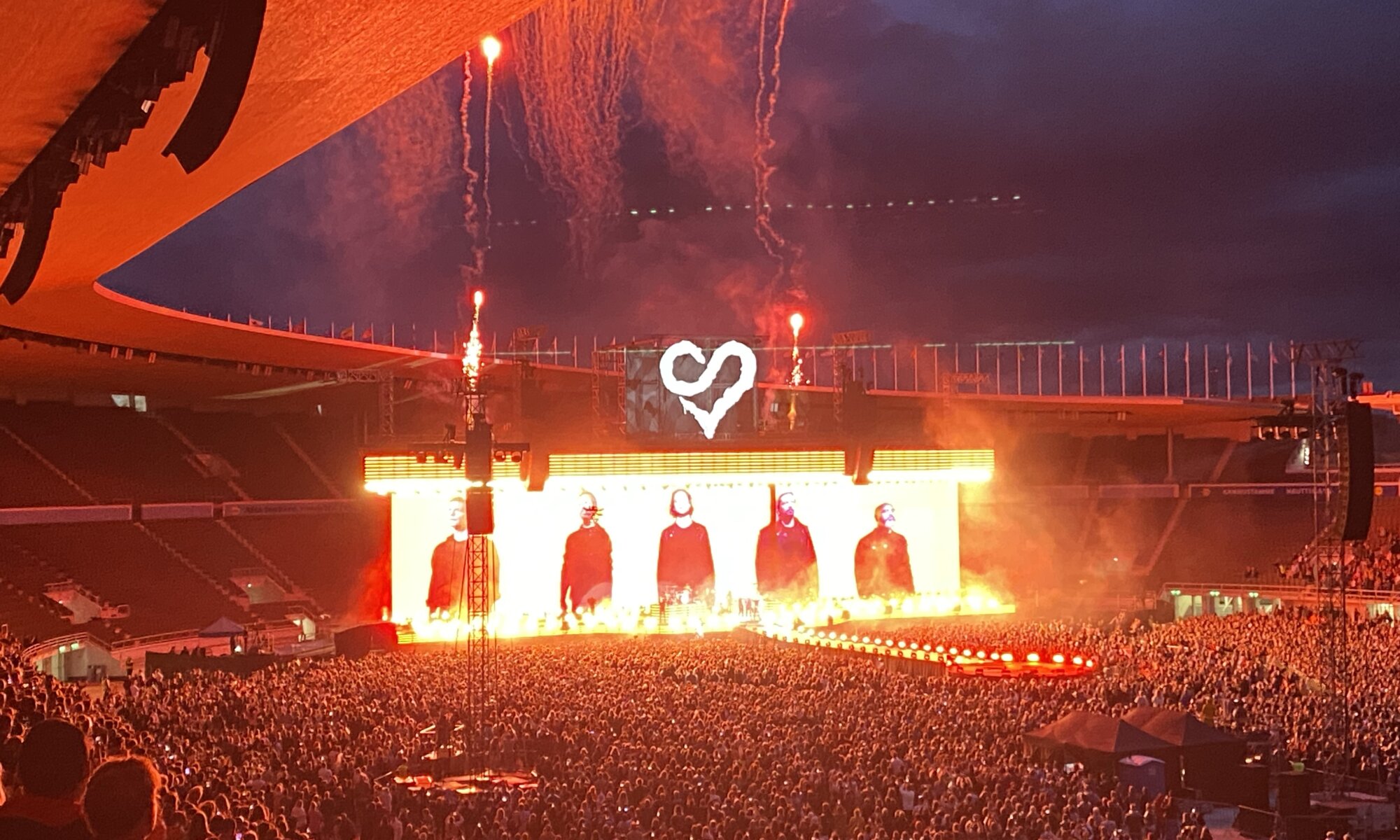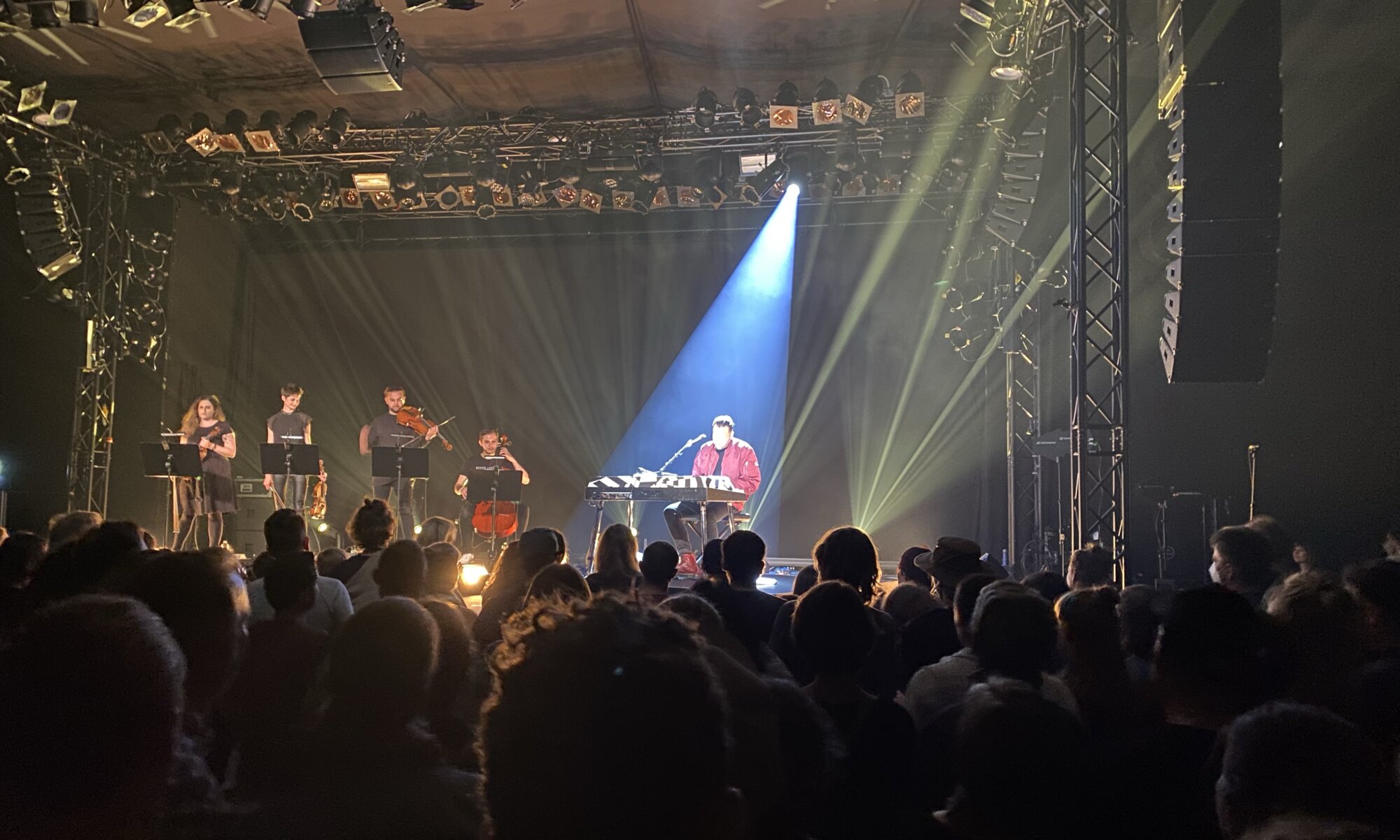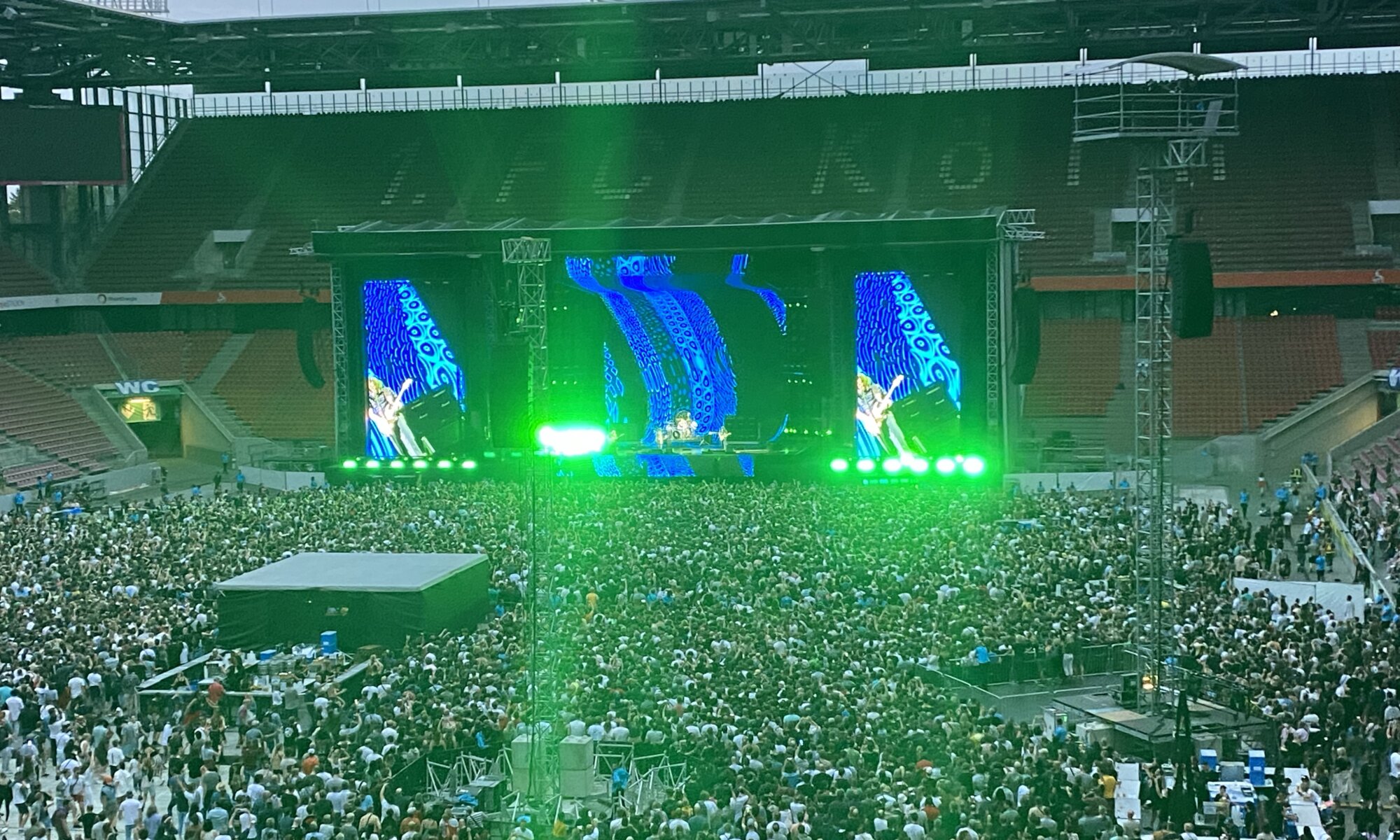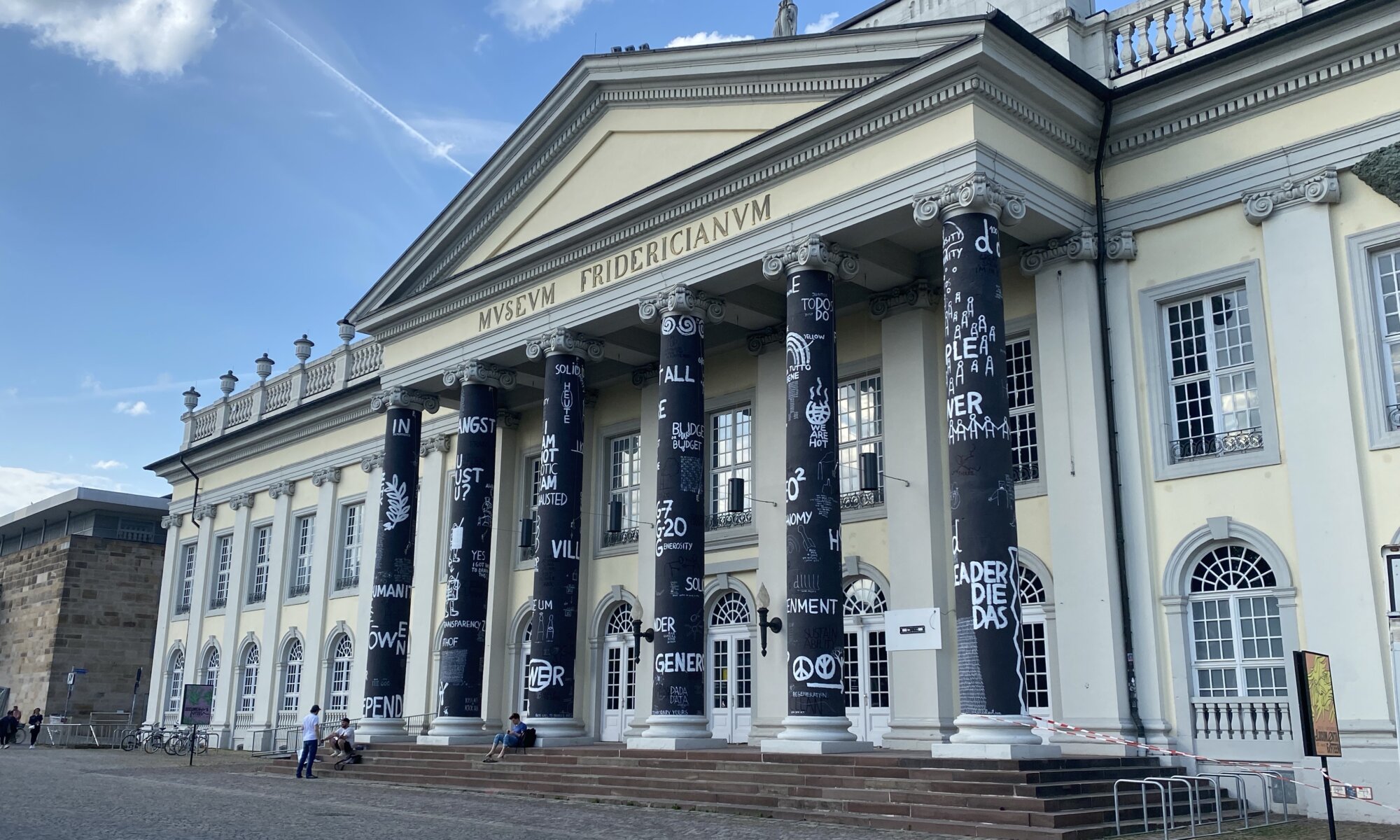The Ebertal is an area of Göttingen that has a bad reputation, at least for older people. It was created as a PoW camp, became an emergency accommodation after World War II and then temporarily was seen as socially problematic area with a lot of youth crime. Currently it is completely rebuilt and thoughtful politics will lead to a good combination of inhabitants and a high living quality.
Continue reading “Ebertal”Wehlheider Kirmes
When I moved to Kassel, Germany, I was offered a flat at a city quarter called Wehlheiden. It was advertised with the words ‘During the Wehlheider Kirmes you’re at the center of action‘. Fortunately, a local friend told me that you don’t want to live in the center of this event and decided to move to the Vorderer Westen instead (mostly because of the brothel next door). But this shouldn’t be too negative as the Wehlheider Kirmes is really beloved by the Kasseler, Kasselaner and Kasseläner.
Continue reading “Wehlheider Kirmes”Ederseebahn
I always enjoy riding my bike on old converted railway tracks: the inclination is limited, the infrastructure is often good, many tunnels and bridges are found on the way and you can typically discover remains of past railway times. One of these converted tracks can be found close to the Edersee in Northern Hesse: Between 1884 and 1917 a railway track was opened linking Wabern (Hesse) and Brilon-Wald (North Rhine-Westphalia). While the routes from Wabern to Bad Wildungen and from Korbach to Brilon-Wald are still in operation and served every two hours, the middle section from Korbach to Wega is out of service.
Continue reading “Ederseebahn”Zissel
The inhabitants of Kassel like to party and after 2.5 years of pandemic limitations it was time again for the biggest party, the Zissel. It is unclear were this name comes from but the best guess is that it originates in the Low German language where it means something like to spend money for having fun. The Zissel is celebrated since 1926 and always happens on the first weekend of August from Friday to Monday. It starts with attaching the Zisselhäring (a large herring) to the Rondell on Friday and ends with removing and releasing the herring to the water on Monday evening.
Continue reading “Zissel”Boulders, birches and the Baltic sea
I’ve always enjoyed being at Scandinavia. Maybe it is because of the special nature of this region, the large forests and many lakes, the rocks and the quietness of the countryside. Or it is because of the friendly people and special animals living there. Who knows? After several trips to Sweden I had still not yet seen Finland and thought that this is a gap worth to be closed. I just needed the right point in time to pack my bag.
Continue reading “Boulders, birches and the Baltic sea”HelsinkiCard
When you visit Helsinki you should consider buying a HelsinkiCard from your hotel. It is available for one to three days and gives you free access to public transport and all major sights. It is nothing for people sleeping long and having a relaxed day; but if you like to really explore the city and you’re interested in the museums it can save you a lot of money.
Continue reading “HelsinkiCard”This is the end
I can’t estimate how many times I sang the song Fairytale Gone Bad by the Finnish band Sunrise Avenue on SingStar (remember the karaoke game on PlayStation?). It is one of the two songs I’m able to perform quite acceptable (with the other one being Du schreibst Geschichte by the German Indie Rock band Madsen). But I had also heard songs like Hollywood Hills, Heartbreak Century or Thank You For Everything numerous times on radio.
Continue reading “This is the end”Alles von der Kunstfreiheit gedeckt
Since 1986 the Kulturzelt is a tradition at Kassel. Every year in summer well-known and lesser known artists fill a large tent close to the orangery with music. And the area next to river Fulda gives you the chance to spend a nice evening outside with friends and a good drink. This year I came here to see a solo performance of Daniel Pongratz, also known as Danger Dan, the singer of the left-wing hip-hop band Antilopen Gang.
Continue reading “Alles von der Kunstfreiheit gedeckt”Chili Peppers
There are many good bands that contributed to the soundtrack of my life. One of them are the Red Hot Chili Peppers from Los Angeles and one day I had to simply see them live on stage. This year they were playing on my birthday at the Müngersdorfer Stadion of Köln, Germany. And as I tend to travel on birthdays to avoid the classic celebrations I couldn’t resist partying with the RHCP.
Continue reading “Chili Peppers”documenta fifteen
The fifteenth version of the contemporary art exhibition documenta happened in Kassel from June 18th to September 25th, 2022. It was curated by ruangrupa, an Indonesian artist collective that applied the principle of lumbung, the Indonesian tradition of a collectively used rice barn.
Continue reading “documenta fifteen”